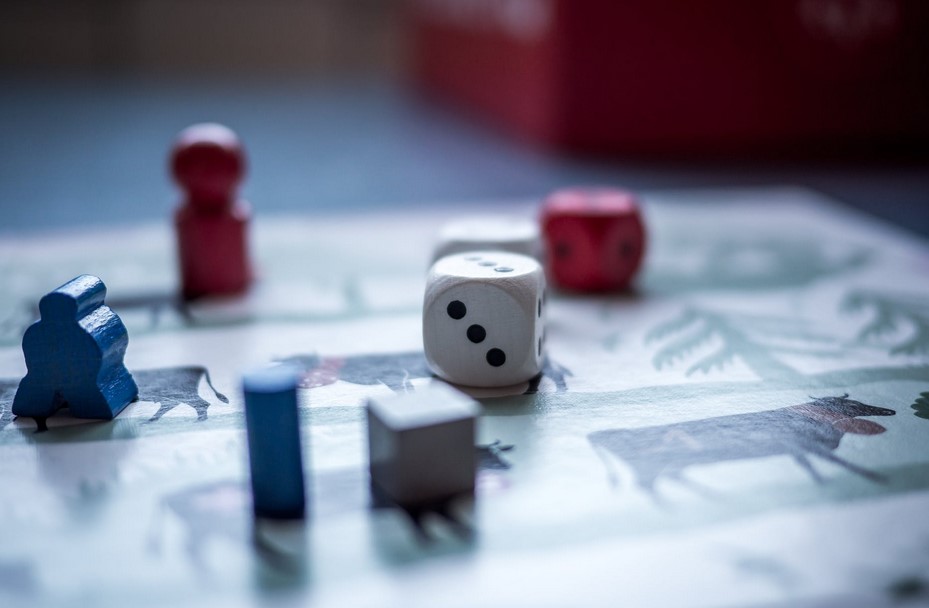Board games can assist you to achieve success in life. it’d sound crazy to mention, especially when some people believe that board games cultivate immaturity, violence, and even addiction.
Norske-Anmeldelser has it that board games can assist you to become a more productive member of society. They will teach you good characteristics, skills, and knowledge that you simply will take with you for the remainder of your life. So here are the life skills that you simply can learn while playing board games.

1. Patience
Classic Boardgames teach the ability to endure routine and repetition. Or in other words, the power to suffer from something unpleasant and immediately try to ensure something pleasant happens in the very near future. Some call it deferred gratification. Others call it patience and persistence. Either way, life demands it.
2. Strategic Planning
It doesn’t take tons of imagination to work out why strategic planning is such a valuable life skill. Can anyone object to the practicality of designing income versus spending? From developing a sensible five-year plan? As long as they are not taken to the acute, they will be very useful.
There are even board games on gamezone to play on your mobile phones.
3. Socialization
It might be argued that the game allows introspective stereotypical individuals to be more social, ultimately improving their social skills.
Synchronizing schedules, mobilizing people towards a goal, inspiring motivation, and resolving interpersonal conflict are all skills that will be learned from play and applied to the real world.
4. Mental prowess
Board games are specially designed to coach and improve brain functionality. It offers many activities that help with mental math, reading speed, and concentration.
Sudoku may be a matter of logical deduction. Tetris helps develop pattern recognition skills. There are many mobile games that cause you to smarter by exercising memory, matching, and thinking outside the box. Like muscles, the brain will atrophy if you do not work it. Interactivity in games may be akin to exercising your mind while having fun.
5. Empathy
These sorts of games force you to relate to the characters and picture yourself in their place, albeit their experience isn’t something that you simply have personally experienced. Sometimes you’ve got a choice where there’s no good outcome. These situations develop the player’s feeling of sympathy and empathy.
6. Literacy
Some board games like scrabble, monopoly, etc., with words, help people learn languages and improve literacy, even presenting them with words they could not find elsewhere. These text-based adventure games are great samples of titles that improve literacy.
7. Hand-Eye Coordination
To play even the foremost basic parlor game, you would like good hand-eye coordination. Whether it’s moving a personality or number or letter on something, the power to synchronize your eye and hand movements is significant. Of course, the higher you’re during this area, the higher off you’ll be at certain board games.
Your reaction times will improve also. there’s such a lot this skill helps outside of games, whether it’s sports, music, or simply basic daily chores.
8. Observation
You need to remember your surroundings during a game. Maybe you’re on the battlefield and an enemy has just landed within the distance or even you’re a sleuth and see some vital piece of evidence nearby. Some games go further and are built around the concept of observation.
In conclusion, board games teach patience, strategic planning, socialization, literacy, empathy, etc all of which a very useful in our day-to-day life.